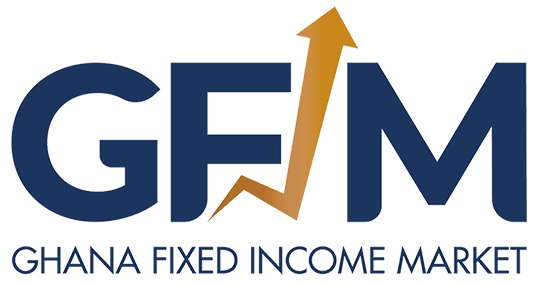Copyright ghanamma

Ghana’s fixed income market recorded total trading volume of 381.4 million cedis across 265 transactions on Monday, November 4, driven primarily by treasury bills and government bonds. Treasury bills dominated trading activity with a volume of 236.2 million cedis across 234 transactions, representing the largest segment of the market. The most actively traded treasury bill was the GOG (Government of Ghana) bill maturing on January 26, 2026, which saw 89.05 million cedis traded across 43 transactions at a closing price of 97.0101. New Government of Ghana notes and bonds recorded trading volume of 61.9 million cedis across eight transactions. The largest single trade involved a GOG bond maturing on February 7, 2034, with 61.2 million cedis changing hands across six transactions. This bond carried a yield of 15.89 percent and closed at 70.6067. Bank of Ghana (BOG) bills accounted for 37.85 million cedis in trading volume across 14 transactions, closing at a price of 92.6241. The BOG bills represented the third largest category by volume in Monday’s trading session. Sell and buyback trades involving GOG notes and bonds totaled 45.44 million cedis across nine transactions. The most significant sell/buyback activity centered on a GOG bond maturing on February 16, 2027, which recorded 44.04 million cedis in volume across seven transactions. This bond carried a yield of 17.09 percent and closed at 91.0380. Corporate bonds recorded no trading activity during the session, suggesting limited secondary market liquidity for private sector debt instruments. Old GOG notes and bonds similarly saw no transactions. The fixed income market plays a crucial role in Ghana’s financial system, providing government financing and offering investors alternatives to equity markets. The heavy concentration of trading in treasury bills reflects investor preference for shorter duration instruments amid the current economic environment. The yields on traded government bonds ranged from 15.89 percent to 17.09 percent, indicating the premium investors demand for holding longer dated Ghanaian government securities. These elevated yields reflect factors including inflation expectations, currency risk, and fiscal sustainability concerns. Market participants will be monitoring whether trading patterns shift as economic conditions evolve. The absence of corporate bond trading highlights challenges facing private sector debt markets in Ghana, where government securities typically dominate fixed income portfolios.



